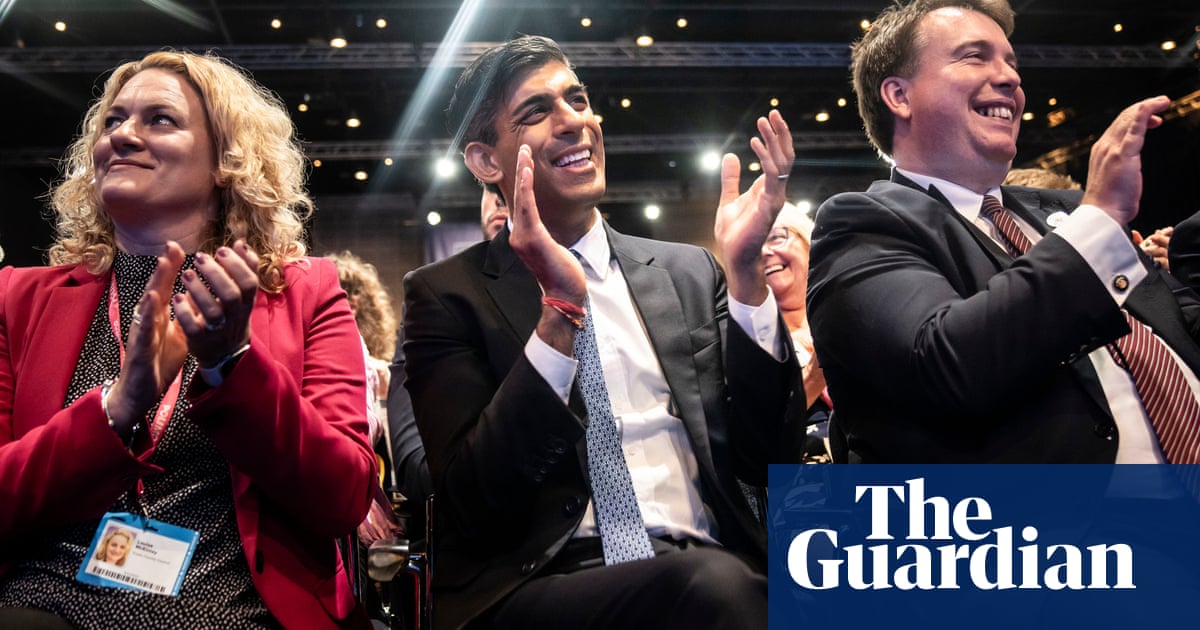
In an EU where working hours can peak at 48 hours a week and commonly average 40, France’s 35-hour working week is a very comfortable arrangement. However, even the prospect of a growing budget deficit and unsustainable public spending has not discouraged France’s workers from robustly opposing urgent reforms to their sacred (and similarly generous) pension system.
A fortnight of strike action and the raucous collapse of a debate at the National Assembly are where French President Emmanuel Macron’s ambitious reforms to the pension system currently stand. Without political support from unlikely allies, the president’s reforms, and indeed his prime minister’s government, will falter as the economy lurches forward meeting the demands of increasingly burdensome retirees, numbering around 15 million.
Contrary to the expected strike fatigue, public opinion is a staggering 69 percent against reforms. A day after France’s National Assembly started to debate an overhaul of pensions, workers walked off the job and took to the streets in nationwide strikes. The fourth time such major demonstrations have taken place since the new year, people are angered at the prospect of raising the retirement age from 62 to 64 and separately increasing the number of years that people must make contributions to receive a full state pension.
The president has said that this “balancing of the system” is urgent as the current age is dragging on public finances. His chief opponents, France’s vigorous left, spear-headed by its restive unions, have called the reforms “dangerous for democracy.” The reforms not having not waned, French unions and major political figures protested in their hundreds and thousands on Saturday (Feb. 11). Though the Interior Ministry and the government have been keen to highlight that the weekend protests in place of further strikes show decreased resolve, in reality they were planned by the unions to allow a larger section of the population who cannot usually join weekday strike action to attend. With as many attendees as the first three days of action, this weekend’s disruption on the streets is likely to be replicated in parliament where the government lacks the numbers to proceed.
Macron’s government is facing a harsh political battle in parliament that could last weeks or months. France’s pensions — widely considered to take up to a staggering 13.64 percent of gross domestic product in a country that already has the largest government expenditures in the Organisation for Economic Co-operation and Development — are unsustainable. As a reform-minded president, the proposed changes are an opportunity to get his agenda back on track. However, as the lower house began debating the reforms, it is clear that Macron is risking his presidency with a highly unpopular campaign pledge that his public accounts minister is calling a stark choice between “reform or bankruptcy.”
Without political support from unlikely allies, the president’s reforms, and indeed his prime minister’s government, will falter.
Zaid M. Belbagi
Prime Minister Elisabeth Borne has yet to assemble the necessary support to give her a majority to pass the draft law. Not only was the debate suspended as the labor minister was shouted down, more than 20,000 amendments have been proposed by opposition lawmakers to stall proceedings. With the president’s centrist alliance only holding 250 seats, Borne needs to win over opposition politicians, or convince them to abstain, to reach the necessary 289 votes. If she cannot assemble the votes, she can use the government’s emergency power under Article 49.3 to impose legislation without a vote, though it is highly unlikely she would, given that pension reform is such a sensitive subject.
The most likely quarter to come to the government’s aid is France’s erstwhile party of government, Les Republicains. A shadow of its former electoral self, the party is split between two factions, each looking to outdo the other in their representation of middle- and low-income voters who they have lost to the far left and right in recent elections. One group has all but signed up to the reforms, albeit that Borne agree to some changes, another rebel faction is seeking changes that would protect those who started working at younger ages. Their leader, MP Aurelien Pradie, has been intransigent on the issue, saying “if they do not accept our amendment without changing a single comma, they will not get the votes they need.”
The very public struggle of Macron’s party to hold the centrist coalition together is intentional. The presidential ambitions of his allies and opponents are superseding his reform agenda as they jockey to replace him in 2027. Nevertheless, Macron has too much riding on pension reform to abandon it quietly — though should he succeed, his reforms will only serve to embolden the extremists of French politics who have grown in importance in recent years. The reforms will not be seen as a crucial 18 billion euros ($19.5 billion) in annual savings for the French treasury but rather the work of a small elite that compromises the circumstances of the working many.
• Zaid M. Belbagi is a political commentator and an adviser to private clients between London and the GCC.
Twitter: @Moulay_Zaid












